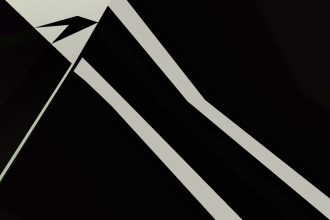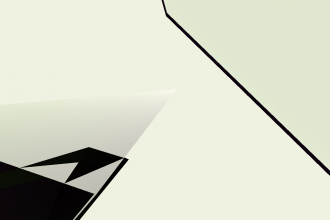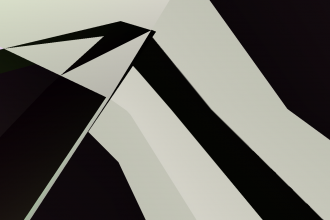March 2nd
…amazing analysis of what queer game mechanics can look like. Read it.
Reid McCarter writes about guns in games and guns in the world and how those two things are related to one another through the fantasies of humans in “On Guns, Real and Virtual.”
Matt Barton asks some open ended questions about Neo-Marxism and how it could operate in games.
Stephen Beirne says some things about “detective mode” and how it is implemented in games.
Lana Polansky extols the virtues of the eroticism of games, championing the ones which manage to be “bleeding and vulnerable.”…






